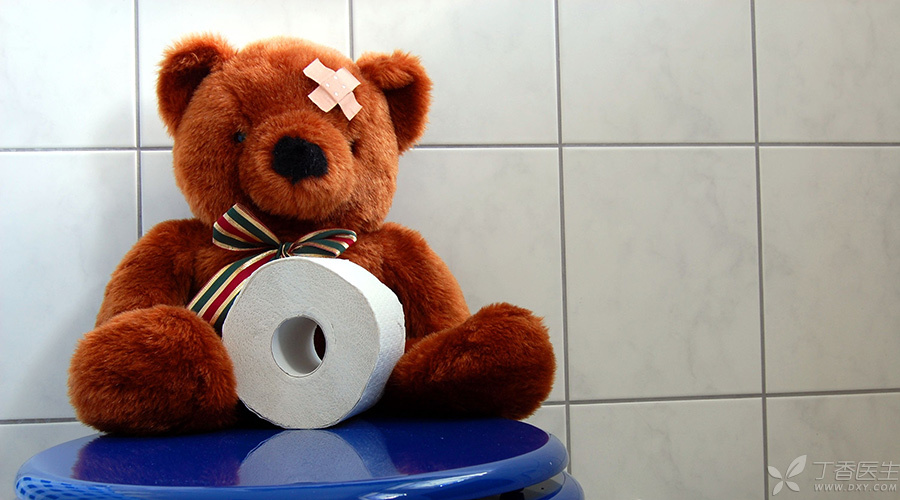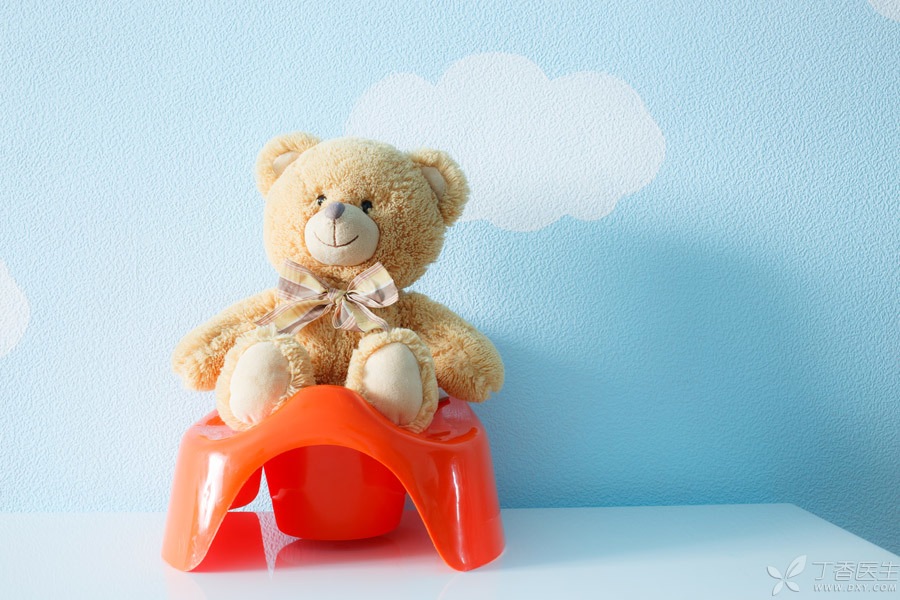
People often ask Dr. Clove, what should I do if my baby has diarrhea?
Here, Dr. Clove tells everyone a trick that is very effective in dealing with diarrhea. This is: [Oral Rehydration Salt].
[Oral rehydration salt], with it is not afraid of diarrhea
Diarrhea is a very common situation for babies. Babies always have to [clock in] several times a year. Babies feel uncomfortable and parents feel distressed.
At the beginning of diarrhea, the baby may be in good spirits, except for stomachache, no other special performance, spirit can also be. However, the number of times, there may be mild to moderate dehydration: for example, thirst, baby performance irritability, eyes will also be sunken, skin elasticity is reduced. More serious, dehydration is aggravated, and may even cause shock and death.
If the baby has diarrhea, many parents will feed the child with sugar and salt water prepared by themselves, hoping to help the baby supplement the water and electrolyte lost by diarrhea in this way. However, unfortunately, although the idea is right, the effect will be greatly reduced.
This diarrhea replenishment of water and electrolyte requires strict compliance with the ratio and overall concentration of components. It is not difficult for self-made sugar saline to achieve the ideal effect.
To solve the problem of diarrhea in babies, the World Health Organization, the American Academy of Pediatrics and the American Centers for Disease Control all unanimously recommend oral rehydration salts, which can preempt dehydration after diarrhea and are also the first choice for the treatment of mild to moderate dehydration.
Dr. Clove reminded everyone that there are three kinds of oral rehydration salts, including oral rehydration salts I, II and III. Among them, the latest oral rehydration salt III is recommended, which not only can replenish water and electrolyte for the body, but also has a slight antidiarrheal effect and can help reduce the number of diarrhea and the amount of feces.

Oral rehydration salts, this way
Oral rehydration salts are a good thing. To make them work, usage is very important.
1. Calculate the dosage of oral rehydration salts
If the baby’s spirit and reaction are good, the eyes are not concave, and the elasticity of the skin is no problem. For babies within 6 months, 50 milliliters can be fed after each diarrhea, 100 milliliters can be fed after each diarrhea for babies between 6 months and 2 years old, and 150 milliliters can be drunk after each diarrhea for older children between 2 and 10 years old.
If the baby shows irritability, his eyes sink down, his skin elasticity is not good, and even he urinates less, it is necessary to calculate the amount of rehydration salt required according to his weight.
The baby needs 60 milliliters of oral rehydration salt per kilogram of body weight, and let the baby drink it within 4 hours. After 4 hours, if the baby is still having diarrhea, after each diarrhea, feed the oral rehydration salt according to the amount of 10 milliliters per kilogram. For example, for a baby weighing 5 kilograms, it needs 5 x 60, that is, 300 milliliters of oral rehydration salt.
If it is a more serious situation, you need to see a doctor.
2. Mix oral rehydration salts with warm boiled water
As the accuracy of concentration is very important, we should strictly follow the instructions to prepare oral rehydration salts, add rehydration salts first, add rehydration salts first, and then add warm boiled water to the amount indicated in the instructions.
In particular, Bao’s parents are reminded not to use milk (including breast milk, formula milk or milk), fruit juice or other beverages with oral rehydration salts, let alone add sugar or salt to them.
3. Feed your baby oral rehydration salts
Parents should not be impatient when feeding. For babies who do not know how to use cups, they can use small spoons or bottles to feed them, and feed them within 10-20ml every 3-5 minutes.
If the baby learns to use the cup, he can let the baby drink slowly with the cup.
